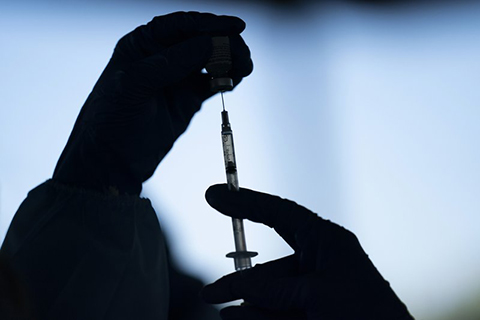Iowa health officials said Tuesday that 80 of the state’s 99 counties declined some or all of their COVID-19 vaccine doses for next week, showing that demand for immunizations is dropping dramatically.
Iowa had fully vaccinated just over 1 million people as of Tuesday, according to the Centers for Disease Control and Prevention. That is 32% of the population and is the 14th highest vaccination rate in the nation.
CDC data shows that 43% of Iowans have had at least one vaccine dose, which offers at least some protection.
Iowa Department of Public Health spokeswoman Sarah Ekstrand said the decrease in vaccine demand is a trend happening in several other states, and health officials are working with community leaders to understand the source of the resistance.
“Because a significant portion of the eligible population has been vaccinated and demand is decreasing, it’s reasonable that the pace of administration may be slower in some areas,” she said.
The 80 counties that have declined vaccine are mostly rural but include counties with sizable cities, such as Scott County, which includes Davenport, and Black Hawk County, which includes Waterloo.
Gov. Kim Reynolds emphasized the need for Iowans to get vaccinated last week, expressing concern over the level of resistance in the state.
A week ago, 43 counties had declined at least some of the vaccine allotment.
Many states resumed giving the Johnson & Johnson vaccine after federal authorities on Friday said the vaccine’s benefits outweigh the risk of a rare blood clot found in six women. The vaccine’s delivery had been paused for 11 days while the matter was investigated.
“We are hopeful that lifting the pause of the J&J vaccine will also contribute to more vaccines being administered in the state, especially among individuals who prefer the convenience of a single dose,” Ekstrand said.
Iowa on Tuesday reported 346 new confirmed COVID-19 cases and no new deaths from the disease.




